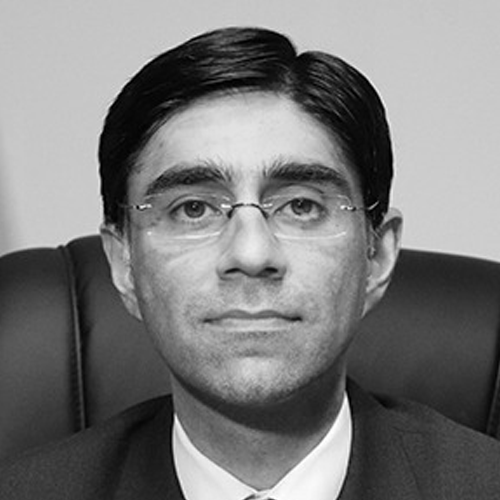In an interdependent world characterised by global challenges, the question of how we should govern the world and build systems of governance designed to address both present and future challenges have come to the forefront. The legitimacy and effectiveness of existing multilateral institutions continue to be called into question due to the perception that they no longer reflect the changing global balance of power. Moreover, even if existing institutions begin to better reflect today’s world, there are questions as to whether they will be able to adequately address growing global challenges in the future.
The increasingly multipolar nature of the international order adds both challenges and opportunities to an already complicated picture. Return of great power and competition in addition to competing for regional powers and the ever-present potential of incompatible strategic outlooks leading to conflict represent challenges to finding viable solutions to questions of global governance. However, the potential for a concert among both emerging and established powers could enhance the work of existing institutions as well as lead to new approaches in tackling global challenges.
Discussion Themes
• How are global problems and challenges relating to global governance being incorporated into the strategic outlooks of states? What challenges and opportunities confront a growing interdependence and an international system, which is increasingly characterised by multipolarity?
• How can states transcend their historic inability to deal with the challenges presented by unprecedented levels of global interdependence? How are global-level issues being incorporated into the strategic outlook of countries?
• How can approaches to dealing with global crises at both the supranational and local levels be re-imagined? How should systems of governance be designed to align with changing realities and new understandings of the nature of our interdependence?
• Does increased regional integration present a hinderance towards global governance or a model of a way forward?
• How does increasing scepticism towards the legitimacy of existing multilateral institutions impact the threat perception of potential global crises? How can this scepticism be overcome?



